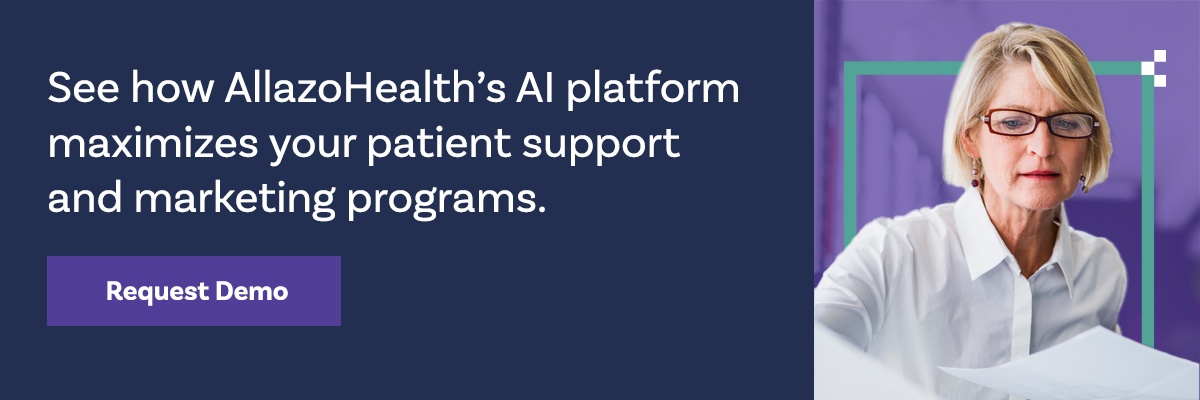Gaps in the healthcare system have a profound impact on patient outcomes, and not in a positive way. Poor care coordination and management can result in missed or delayed treatment, introduce dangerous patient safety concerns, increase healthcare spending, and ultimately lead to negative clinical outcomes.
Working to proactively identify and bridge gaps in care is essential. Fortunately, closing gaps in care is becoming a top priority for healthcare organizations—many of which are looking for innovative strategies and emerging technologies to improve patient care and achieve quality performance goals.
Let’s talk about how gaps in the healthcare system can impact patient outcomes and how your organization can use artificial intelligence (AI) technology to drive improvements.
What are gaps in care?
First things first, what exactly are gaps in care? A care gap is the difference between the recommended treatment a patient should receive and the treatment that patient actually receives. Some common examples include:
Medication Non-Adherence
Medication non-adherence is perhaps the most common gap in the healthcare system. Approximately 50 percent of patients do not take their medications as prescribed, which can be incredibly detrimental—especially for those with complex, chronic conditions. Non-adherent patients tend to experience more symptoms, complications, and comorbidities—not to mention more rapid disease progression.

Skipped Health Screenings
Recommended health screenings minimize health risks for people that meet certain qualifications based on age, gender, or diagnosis. Mammograms, blood pressure screenings, prostate cancer screenings, and pap smears are proactive screenings that can identify health issues early on when a condition is easier and more cost-effective to treat. Skipping these recommended screenings can pose significant risks and make it more difficult to identify and treat chronic conditions.
Poor Medication Management
Medication management is used to identify and address drug-related concerns. Poor medication management can lead to drug-disease interactions, drug-disease contraindications, improper duration of treatment, and overlooked patient-specific precautions. This can create patient safety concerns and lead to negative outcomes that could have been avoided with the right medication oversight.
Missed Vaccinations and Boosters
Missed vaccinations (and boosters) such as flu shots and shingles vaccines can also create gaps in care. When patients skip recommended immunizations, they can experience increased health concerns and even put others at risk.
Each of these gaps in care can lead to negative clinical outcomes. Care gaps can have numerous potential ramifications, including more frequent visits to the doctor and emergency department (ED), increased (and prolonged) hospitalizations, adverse health events, higher healthcare costs, and more.
How is AI used to close gaps in the healthcare system?
Gaps in the healthcare system are opportunities to improve quality. By identifying and addressing gaps in care, healthcare organizations can achieve better quality scores, reduce costs, improve individual health outcomes, and enhance the patient journey.
Healthcare AI technology can be used by pharmaceutical companies, pharmacies, payers, and other healthcare organizations to improve medication adherence and bridge other medication-related gaps in care.
Using AI, healthcare organizations can identify gaps in care and leverage robust, varied datasets to predict the optimal engagement channel, content, timing, and frequency for each patient. Personalizing patient interventions at the individual level (as opposed to taking a one-size-fits-all approach) increases the likelihood of achieving positive long term engagement and health outcomes.
Want to learn more about using AI to identify and close gaps in the healthcare system? Check out the AllazoHealth Outcomes.
